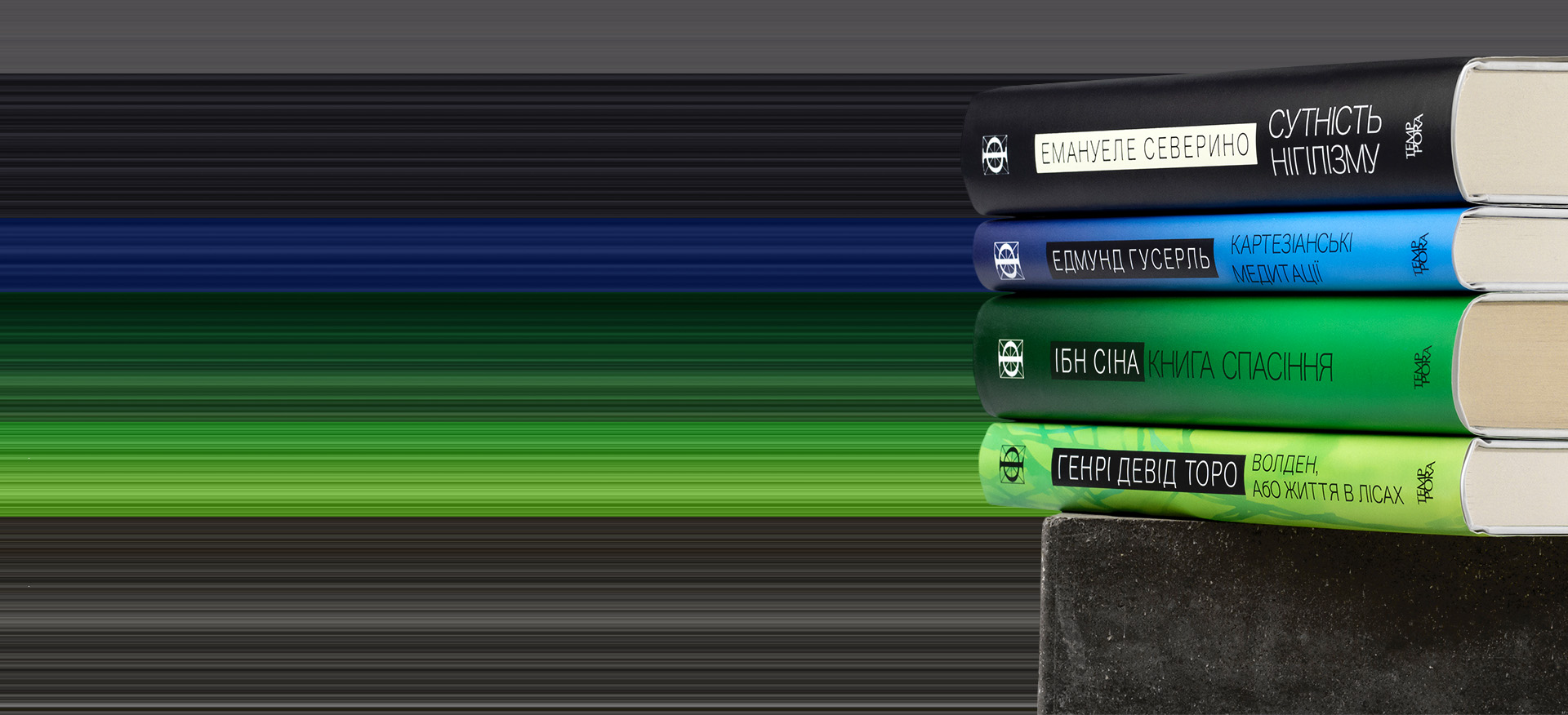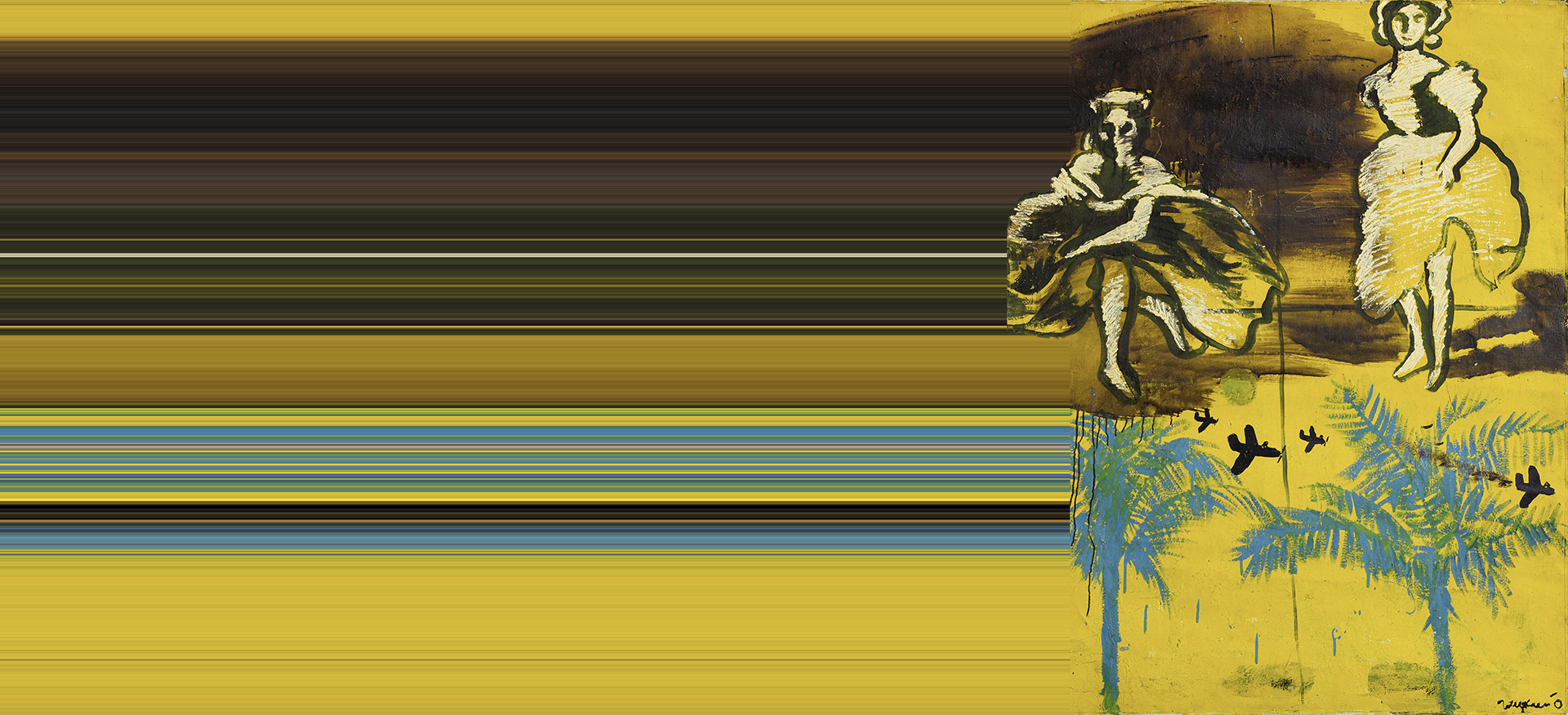As a society and a country, we need
new meanings. They are the prerequisites for creating
innovations, which in turn
propel the economy and make it competitive.
To think innovatively, one must, first,
rely on the best achievements of the world’s philosophical thought, and, secondly, be in direct
connection with other cultures in order to quickly import and assimilate new ideas.
This is a big problem in Ukraine, going back to Soviet times when translations of
fundamental philosophical works were distorted by ideology. As a result, we still use secondary intellectual products of dubious quality that are far from the original.
Therefore, it is necessary to start with
primary sources. After all, a new meaning is born when classical knowledge is thought over again, due to which its new
value arises.
How do we work? The translation of a philosophical text is a
painstaking scientific work that requires not only a perfect command of the original language, but also knowledge of the philosophical and historical context in which the work arose. So, our team of translators includes almost twenty of
the best Ukrainian specialists in this area.
Except for the scientific and literary edition, all future editions go through the
laboratory of scientific translation. It is a public event where experts in linguistics and philosophy discuss the translator’s work, asking questions and providing clarifications and advice.
To date, four books have been published:
Emanuele Severino “The Essence of Nihilism”, Ibn Sina “The Book of Salvation. Logic. Physics. Metaphysics”,
Henry David Thoreau “Walden, or Life in the Woods” and
Edmund Husserl “Cartesian Meditations: An Introduction to Phenomenology”.
Eight more texts are being prepared for publication, and it is planned to publish about
50 books in total, within the publishing program.
The program of translations and publications of philosophical literature is a joint project of “Mizhvukhamy” institution and “Tempora” publishing house. The program is managed by philosopher and writer
Taras Lyuty.




